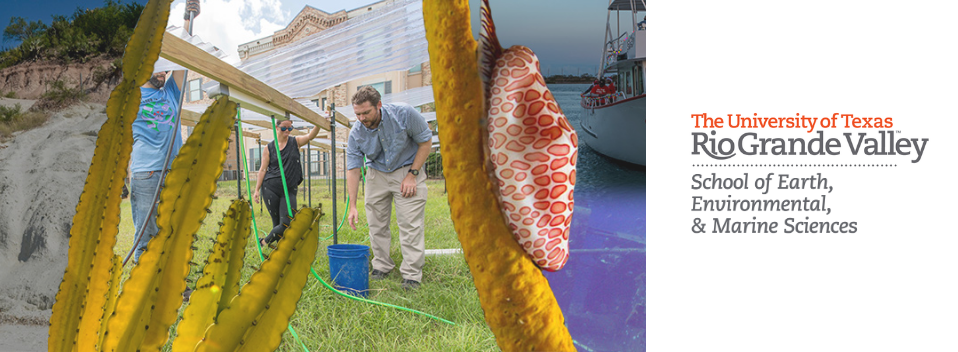
School of Earth, Environmental, & Marine Sciences Faculty Publications
Short-term heat stress impairs testicular functions in the American oyster, Crassostrea virginica: Molecular mechanisms and induction of oxidative stress and apoptosis in spermatogenic cells
Document Type
Article
Publication Date
10-2019
Abstract
Global temperature is increasing due to anthropogenic activities. Abnormal temperature has devastating effects on growth, reproduction, and development of aquatic organisms. In this study, we examined the effects of short-term exposure to elevated temperatures (28 and 32°C for 1 week) on testicular functions, heat shock protein-70 (HSP70), dinitrophenyl protein (DNP, a biomarker of reactive oxygen species [ROS]), and nitrotyrosine protein (NTP, an indicator of reactive nitrogen species [RNS]) expressions, protein carbonyl (PC, a measure of ROS) contents, nitrates/nitrites (NOx, a metabolite of nitric oxide) levels, extrapallial fluid (EPF) conditions, and cellular apoptosis in American oyster (Crassostrea virginica). Higher temperatures significantly decreased (~26%) sperm production in oysters compared with controls (24°C). HSP70, NTP, and DNP expressions were increased after heat exposure, consistent with increased EPF pH, and cellular apoptosis. The enhanced apoptosis in spermatogenic cells is associated with increased caspase 3/7 activity, PC contents, and NOx levels in testicular tissues. Together these results suggest that elevated temperature drastically increases oxidative stress and cellular apoptosis which in turn leads to decreased testicular functions in oysters. To the best of our knowledge, this study reports the first findings on the impacts of elevated temperatures on testicular functions in oysters.
Recommended Citation
Nash, Sarah, and Md Saydur Rahman. "Short‐term heat stress impairs testicular functions in the American oyster, Crassostrea virginica: Molecular mechanisms and induction of oxidative stress and apoptosis in spermatogenic cells." Molecular reproduction and development 86, no. 10 (2019): 1444-1458. https://doi.org/10.1002/mrd.23268
Publication Title
Molecular Reproduction and Development
DOI
10.1002/mrd.23268


Comments
© 2019 Wiley Periodicals, Inc.
https://onlinelibrary.wiley.com/share/8JZBIVJ5VZ3FGKIRW29M?target=10.1002/mrd.23268